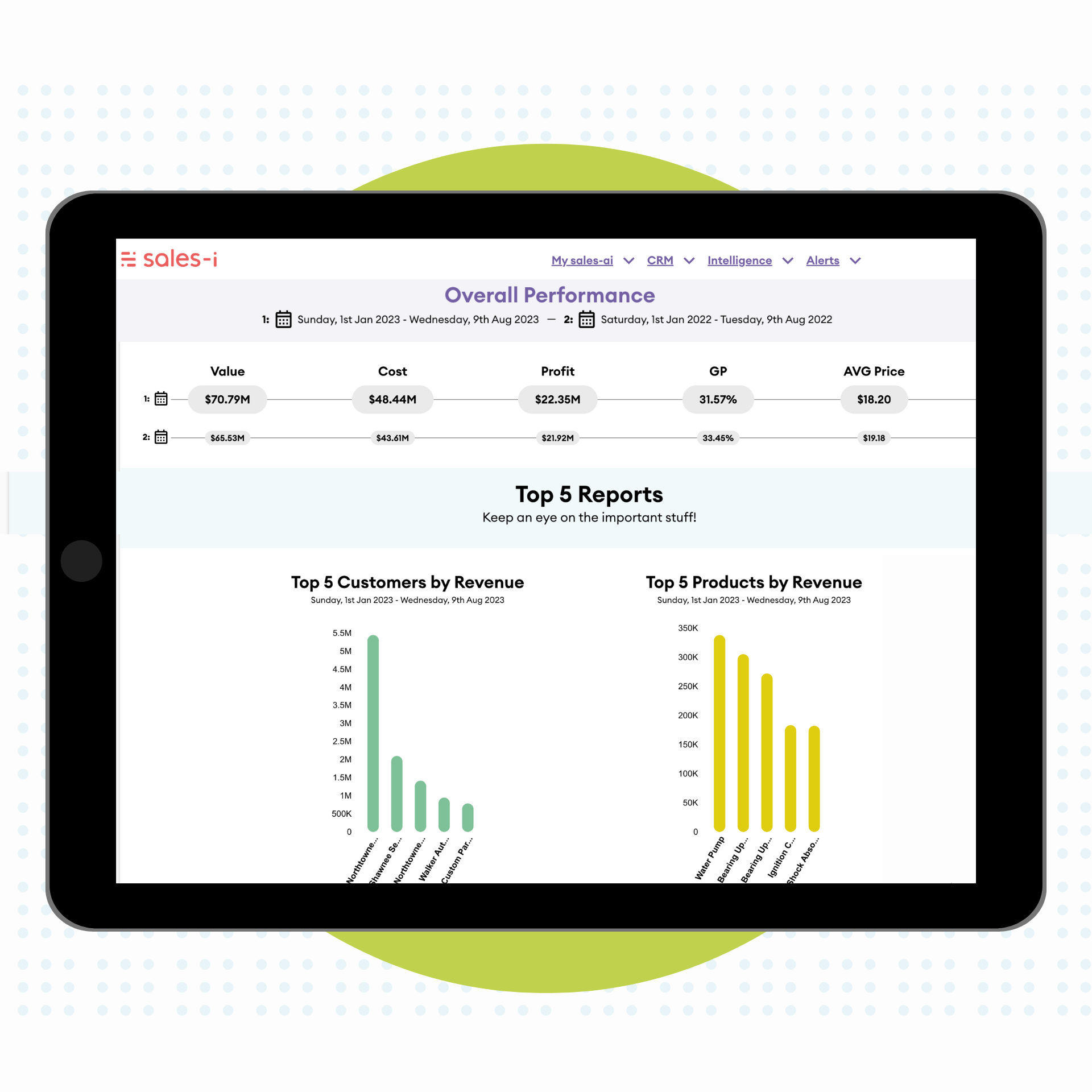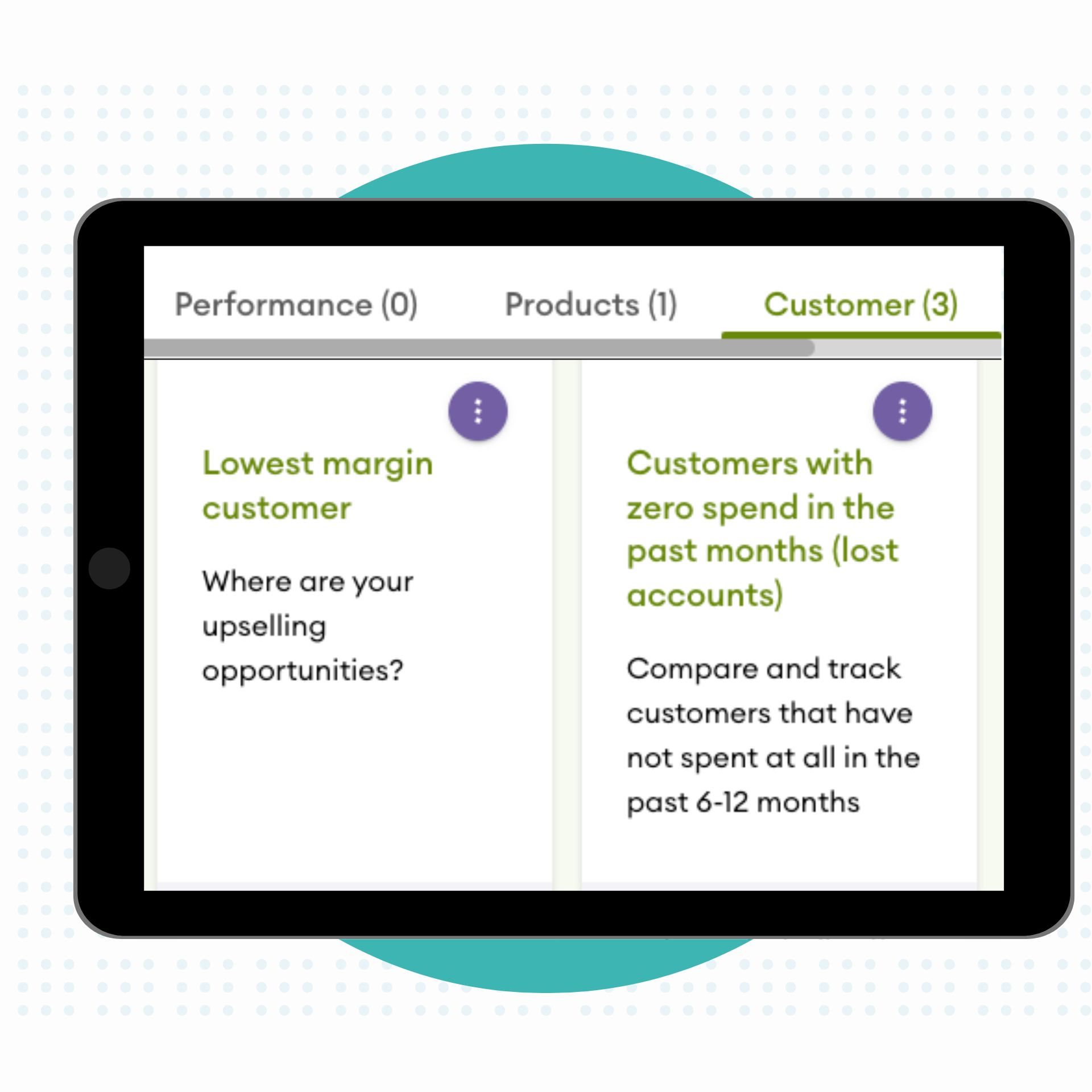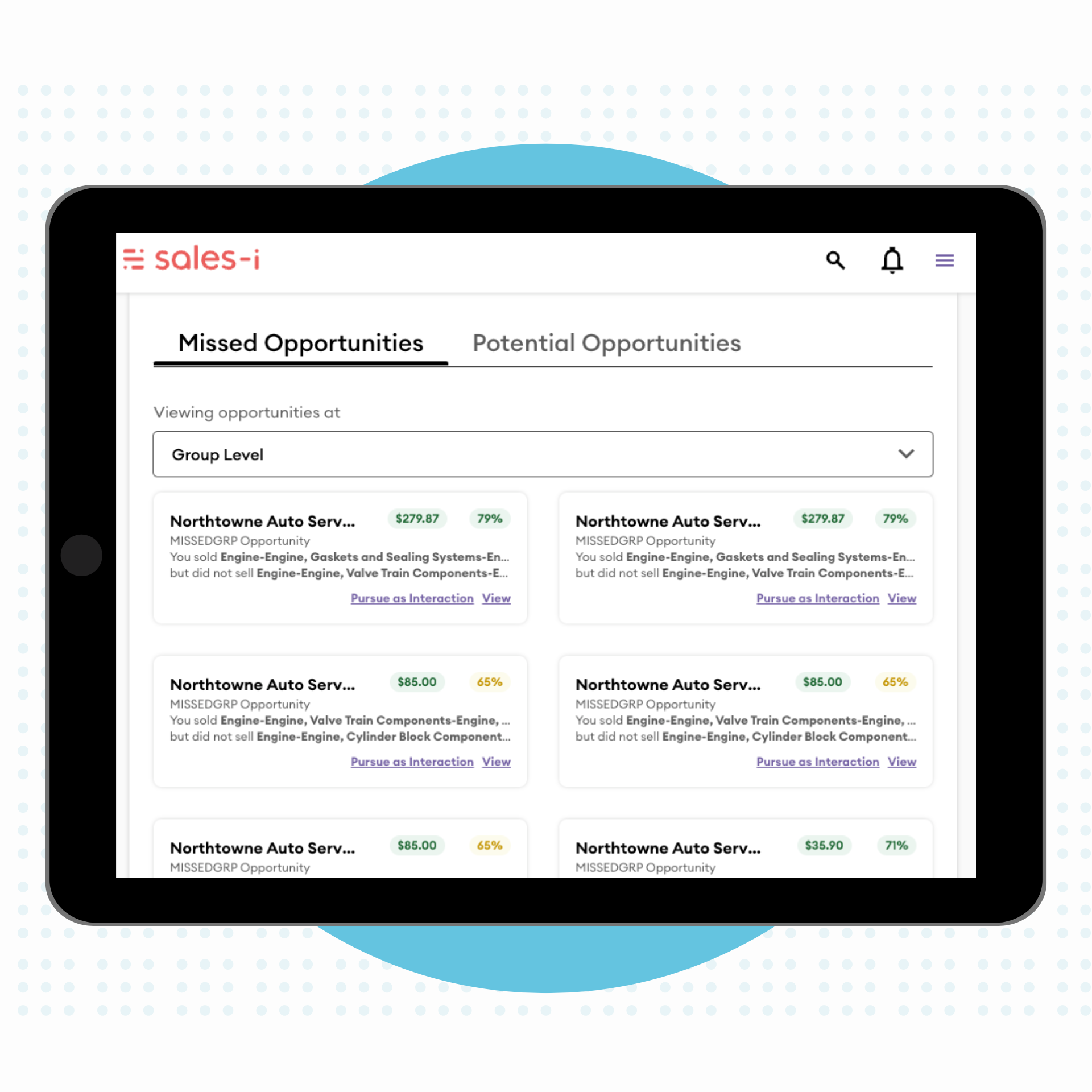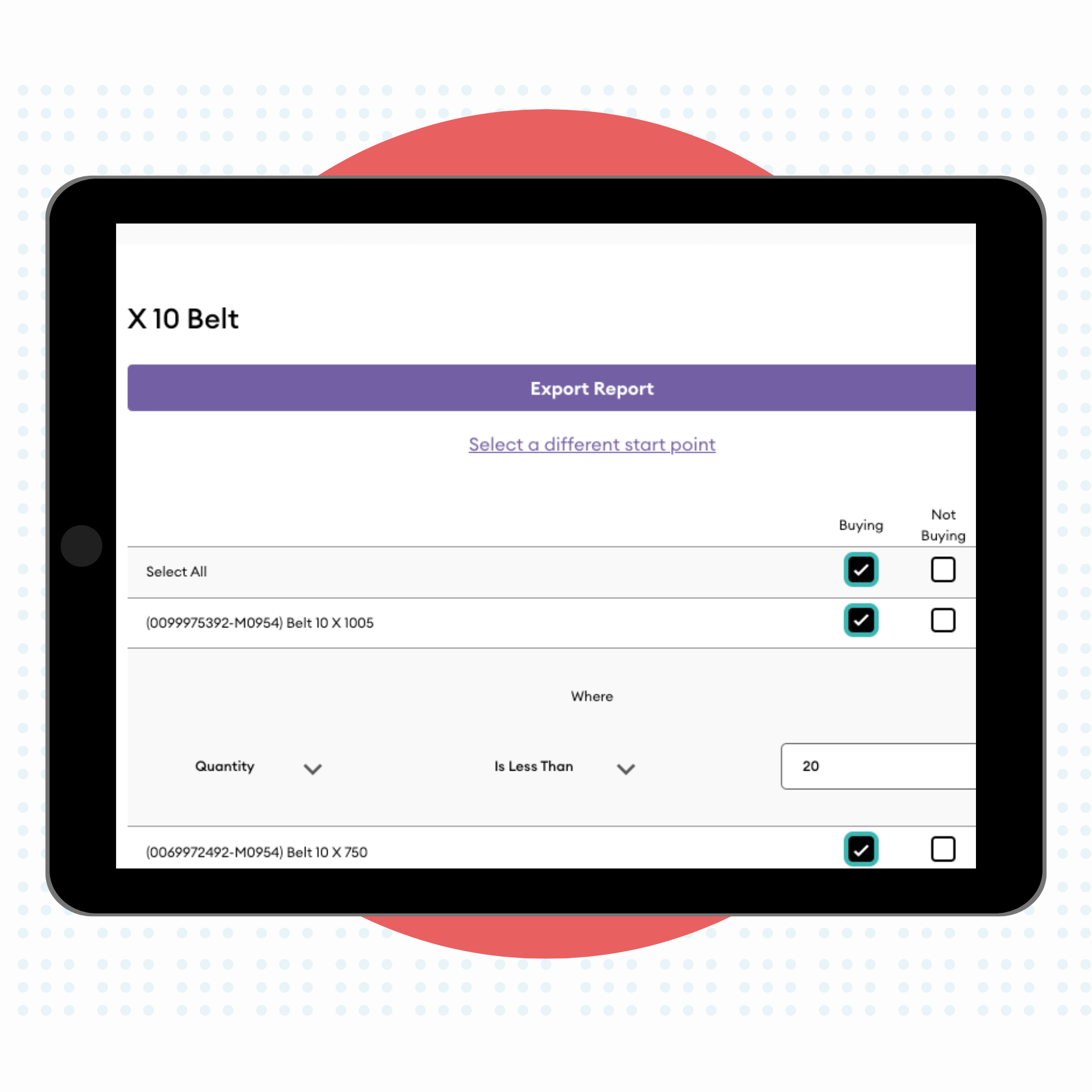)_Updated.webp%EF%B9%96width=849&height=600&name=Guided%20Selling%20(A4%20(Landscape))_Updated.webp.jpeg)
Guided Selling: The new way to drive revenue
A data-driven approach that optimizes sales performance.
Why is now the right time to deploy Guided Selling?
Guided Selling provides your team with a clear roadmap for success, ensuring they ask the right questions, identify pain points, and offer tailored solutions that resonate with your customers. This personalized approach builds trust and rapport, creating a positive buying experience that leads to higher conversion rates and repeat business.
The Perfect Storm
Welcome to the new era of sales – where challenges are met with opportunities, and innovation reigns supreme. The convergence of COVID, supply chain disruptions, and the great resignation has shaped a unique landscape that demands a game-changing approach: Guided Selling.
In a world where uncertainty has become the norm, Guided Selling equips your sales team with the agility they need to navigate through complex scenarios and shifting customer demands. The pandemic-driven market fluctuations have made it essential for reps to stay adaptable and make data-driven decisions in real-time. With Guided Selling, your team gains access to up-to-the-minute insights, empowering them to pivot strategies swiftly and capitalize on emerging opportunities.
Supply chain disruptions have thrown traditional selling strategies into disarray, but Guided Selling offers the key to unlock success. By leveraging AI-driven technology and predictive analytics, your sales force can accurately anticipate product availability, suggest viable alternatives, and keep customers satisfied during challenging times. Ensure your team is always one step ahead, providing seamless buying experiences that breed loyalty and foster lasting relationships.
As the great resignation reshapes the job market, retaining top-performing salespeople is crucial. Guided Selling offers an edge in talent retention, enabling your reps to feel supported, confident, and capable in their roles. With the right tools and guidance at their disposal, your sales force will be more engaged, productive, and committed to achieving outstanding results.
Seize the opportunity that these unprecedented times present and embrace the power of Guided Selling. Empower your sales team to thrive amidst uncertainty, conquer supply chain challenges, and navigate the talent landscape with unmatched expertise. Stay ahead of the competition, drive revenue growth, and position your organization as a market leader by adopting Guided Selling today.
10 benefits of a data-driven approach.
Deploying a data-driven sales approach can revolutionize your sales process and yield a multitude of benefits that directly impact your bottom line. Here are the key advantages of embracing a data-driven strategy:
- Accurate Decision Making: Data-driven insights provide a clear and accurate picture of your sales performance, customer behavior, and market trends. This empowers your sales team to make informed decisions based on real data rather than gut feelings, reducing guesswork and increasing the likelihood of successful outcomes.
- Enhanced Customer Understanding: By analyzing customer data, you gain deeper insights into their preferences, pain points, and buying behaviors. This knowledge allows your sales reps to tailor their approach, offer personalized solutions, and build stronger, more meaningful relationships with customers, leading to increased customer satisfaction and loyalty.
- Improved Sales Forecasting: Predictive analytics and historical data enable more accurate sales forecasting. By understanding sales trends and patterns, your team can better anticipate demand, adjust inventory levels, and optimize resource allocation, minimizing wastage and maximizing revenue potential.
- Targeted Marketing and Selling: Data-driven strategies enable precise targeting of potential customers who are most likely to convert. By identifying high-value prospects, your sales team can focus their efforts on the right leads, increasing conversion rates and reducing acquisition costs.
- Identifying Cross-Selling and Upselling Opportunities: Analyzing customer data can reveal opportunities for cross-selling and upselling. By understanding customers' purchase histories and preferences, your sales reps can suggest relevant additional products or services, boosting average order values and revenue per customer.
- Sales Process Optimization: Data-driven insights help identify bottlenecks and inefficiencies in the sales process. By streamlining workflows and focusing on high-impact activities, your team can become more productive and close deals faster.
- Competitive Advantage: Embracing a data-driven sales approach can set your organization apart from competitors. By leveraging data effectively, you can innovate and adapt faster, meeting customer needs more precisely, and staying ahead of market trends.
- Measurable Performance Metrics: Data-driven sales allows you to set clear and measurable performance metrics for your sales team. This fosters accountability and provides a basis for performance evaluation and continuous improvement.
- Optimized Sales Training and Coaching: By analyzing sales performance data, you can identify skill gaps and training needs among your sales reps. This insight enables targeted coaching and training programs to enhance their selling capabilities.
- Real-time Insights: With data-driven tools and technologies, your sales team can access real-time insights, enabling them to respond promptly to changing market conditions and customer inquiries.
What is Artificial Intelligence?
Artificial Intelligence (AI) is a branch of computer science that aims to create machines and systems capable of performing tasks that typically require human intelligence. The overarching goal of AI is to simulate human-like cognitive abilities, such as reasoning, problem-solving, learning, perception, and decision-making.
AI systems are designed to process and analyze vast amounts of data, recognize patterns, and make predictions or decisions based on that data. These systems can adapt and improve their performance over time through a process called machine learning, where they learn from experiences and feedback.
If you have been served with product recommendations based on historical purchases, had a playlist automatically built for you or had your smartphone recommend that you leave 10 minutes earlier for your appointment, you've already encountered AI in your every day life.
How can Artificial Intelligence support B2B sales?
AI can play a crucial role in supporting B2B sales teams, providing valuable insights, automation, and personalized interactions to enhance the sales process. Here are some ways AI can support B2B sales:
- Data Analysis and Lead Scoring: AI can analyze vast amounts of data to identify and prioritize high-quality leads. By considering factors such as past purchase behavior, engagement levels, and firmographic data, AI-powered lead scoring helps sales teams focus their efforts on the most promising prospects, improving conversion rates and sales efficiency.
- Predictive Analytics: AI can use historical data and patterns to make accurate predictions about future sales trends, customer behavior, and market demands. This enables sales teams to anticipate customer needs, optimize inventory, and adjust sales strategies accordingly, staying ahead of the competition.
- Personalized Customer Interactions: AI-powered CRM systems can analyze customer data to provide personalized recommendations and content tailored to individual buyers. This level of personalization helps sales reps create more relevant and compelling sales pitches, leading to higher engagement and improved customer satisfaction.
- Chatbots and Virtual Assistants: AI-driven chatbots and virtual assistants can handle routine customer inquiries and provide instant support, freeing up sales reps' time to focus on more complex tasks. Chatbots can engage with leads and customers, answer FAQs, and even guide potential buyers through the sales funnel.
- Sales Process Automation: AI can automate repetitive sales tasks, such as data entry, scheduling, and follow-up emails. This automation streamlines the sales process, reduces manual workload, and ensures that critical tasks are not overlooked, leading to increased productivity.
- Market and Competitive Analysis: AI can gather and analyze data from various sources to provide real-time market and competitive insights. Sales teams can leverage this information to identify emerging trends, understand competitor strategies, and adapt their sales approach accordingly.
- Sales Forecasting: AI-driven predictive analytics can help sales teams accurately forecast future sales, enabling better resource planning and inventory management. Sales reps can proactively address potential revenue shortfalls or capitalize on growth opportunities.
- Guided Selling: AI-powered guided selling platforms can assist sales reps with data-driven insights and recommendations during the sales process. This guidance ensures that reps ask relevant questions, understand customer needs, and propose appropriate solutions, leading to more successful sales interactions.
- Customer Retention and Upselling: AI can analyze customer data and behavior to identify signs of potential churn. By recognizing customer needs and preferences, sales teams can proactively address issues, deliver exceptional customer experiences, and spot upselling opportunities.
- Sales Performance Analysis: AI can assess individual sales rep performance, providing feedback on strengths and areas for improvement. This data-driven evaluation enables targeted coaching and training to enhance sales skills and boost overall team performance.
By leveraging AI in B2B sales, businesses can streamline processes, improve customer interactions, and gain valuable insights that lead to better decision-making and increased sales success. As AI technologies continue to advance, the potential for AI-driven growth in B2B sales is immense.
How can sales-i support Guided Selling?
Simplified Sales Reporting
Improving sales efficiency

sales-i gathers and analyzes real-time sales data from various sources, including CRM, ERP, and transaction systems.
This data is presented in an easy-to-understand format, enabling sales reps to access critical information about customers, product performance, and sales trends instantly.
Proactive Sales Trends Identification
Selling smarter

sales-i creates comprehensive customer profiles that include historical purchase data, buying preferences, and customer behavior. .
sales-i uses machine learning to help you find insights in three distinct areas; product, customer and sales performance.
Sales Opportunity Identification
Boosting cross-sell

sales-i helps sales reps manage their sales opportunities and pipelines effectively.
By visualizing the sales process, reps can identify potential bottlenecks, prioritize deals, and strategize to move deals forward.
Proactive sales alerts
Take action as things happen

sales-i can send proactive sales alerts to sales reps, notifying them of potential sales opportunities, low-performing products, or customers who need attention.
These alerts guide reps to focus on the right accounts and take timely actions to maximize sales potential.
FAQs
Definitely! With sales-i, you can enjoy a smooth integration with different ERPs. Our platform extracts, translates, and analyzes your data, empowering your sales team with a data-driven approach that guides every sales transaction.
Whether you have a small or large teams, sales-i can help you delivers results to help improve your sales performance. We recommend a minimum number of 5 users when you sign up for a contract.